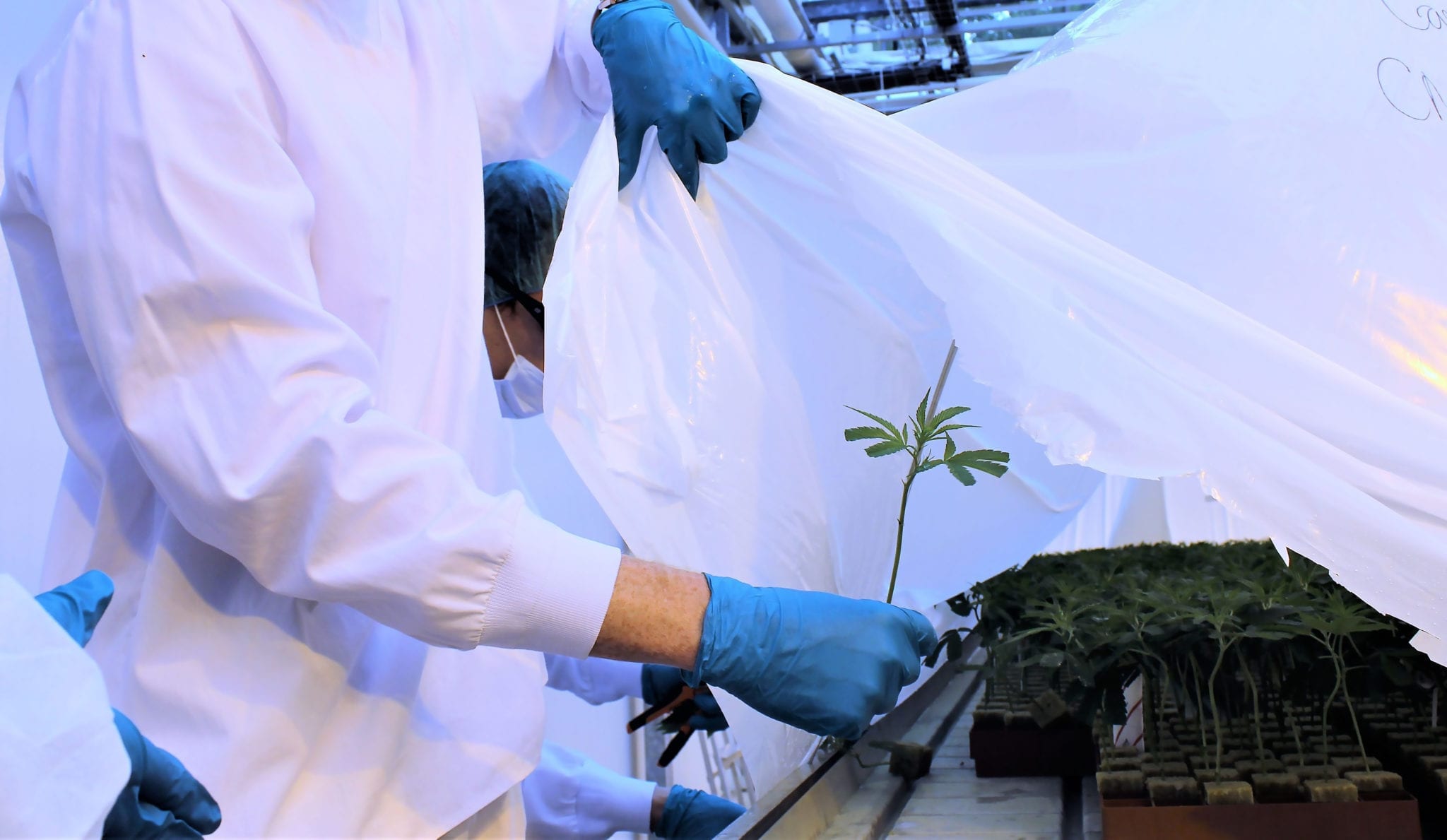Embattled Canadian producer CannTrust Holdings Inc. says it doesn’t have the cash to operate for much longer, and is preparing to close shop if it can’t secure further financing.
In a statement Thursday, the company said it’s put its fourth amended and restated plan of compromise, arrangement and compromise (CCAA plan) into place, which follows approval from the Ontario Superior Court of Justice last July and approval of the U.S. class action settlement by the United States District Court Southern District of New York in December.
Relatedly, CannTrust has put $50 million into a trust to satisfy the class action settlements, as well as $2.7 million for the settlement of various other claims.
In accordance with the plan, four directors have immediately resigned, including board chair Robert Marcovitch, alongside directors Mitchell Sanders, Mark Dawber and Shawna Page.
But despite “significant” progress made — in reinstating its licences, restructuring operations, resuming operations and having its CCAA plan sanctioned, the firm says it’s faced challenges.
“As a result, the CannTrust Group does not have sufficient liquidity to operate beyond the near term,” the statement reads.
The company is in default of the minimum earnings covenant under its debtor-in-possession loan. CannTrust says the lender hasn’t agreed to waive the default, but continues to advance funds.
Read more: Can patients trust CannTrust’s new medical brand estora?
Read more: What if the CannTrust scandal never happened?
Despite the plan, the firm says the proceedings are facilitating discussions with potential investors and strategic partners, but is developing “an orderly wind-down plan to maximize the value of its assets in the event that a financing or strategic transaction option cannot be finalized.”
CannTrust says a current stay of proceedings will last until Jan. 31.

A promotional video allegedly showed the company’s then-CEO Peter Aceto, left, standing in front of an unlicensed room. He was fired by the board in July 2019. Image via CannTrust/YouTube
In June 2019, CannTrust ran afoul with regulators when a whistleblower revealed the company was growing plants illegally behind fake walls in five unlicensed rooms at its facility in Pelham, Ontario.
Health Canada suspended all of the company’s sales and cultivation licences in September, which led to a year of financial turmoil, layoffs, a CEO ousting, lawsuits and formal investigations, as well as the destruction of $77 million worth of cannabis, while also tarnishing the reputation of the entire fledgling industry.
But CannTrust’s licences were reinstated in August 2020, after the federal agency relaxed its rules on approving additional rooms in an already licensed facility.
Read more: CannTrust gets all cannabis licences reinstated a year after regulatory foul-up
Read more: Why aren’t the (alleged) CannTrust crooks being charged under the Cannabis Act?
As the company shored up additional funds and attempted to regain consumer confidence, quasi-criminal charges were laid against ex-chairman Eric Paul, ex-director Mark Litwin and ex-CEO Peter Aceto under Ontario’s Securities Act, for fraud, insider trading and making false statements.
But despite clear violations of Canada’s pot laws, no one from the firm has been charged or issued so much as a fine under the Cannabis Act.
nick@mugglehead.com














